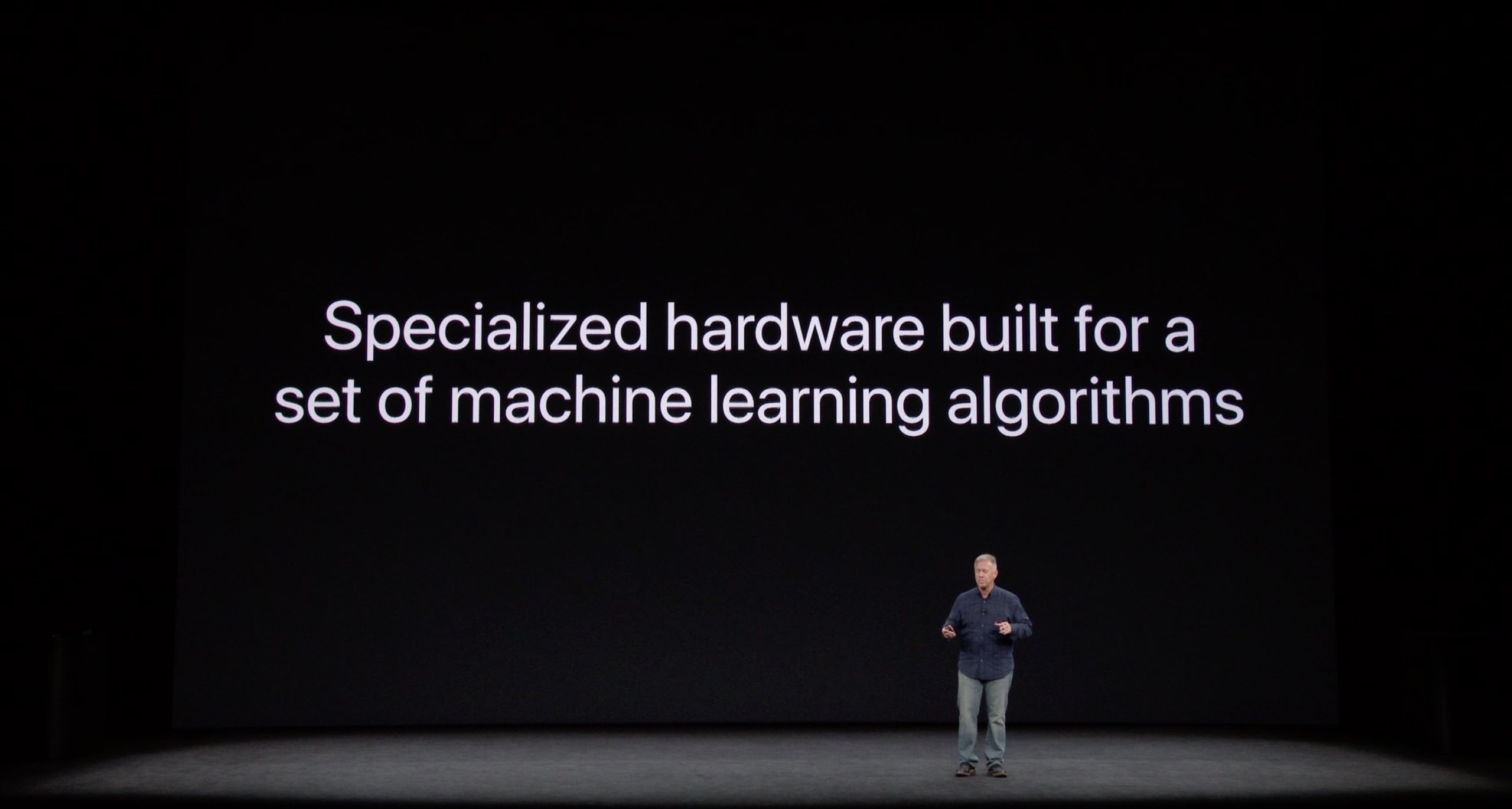With the Pixel line, Google originally set out to craft its own Android smartphone experience around both hardware and software. We used to call it a Google Phone but it would actually take a few more years for the mythical Google Phone, as we envisioned it, to become a reality.
STORY HIGHLIGHTS:
- Google unveils Pixel 6 and Pixel 6 Pro coming this fall
- The phones will use Google’s first custom system-on-a-chip
- Dubbed Tensor, the chip will handle all AI and ML features
Tensor runs all AI on Google Pixel 6
As iDB informed you today, the new Pixel 6 line is Google’s take on an ultra-high-end device.
The new phones run Tensor, named after the Tensor Processing Units (TPU) used in Google’s data centers. It represents Google’s first custom system-on-a-chip for smartphones. You would find a system-on-a-chip like that in virtually every Apple device, where it would typically combine the CPU, GPU, RAM, controllers and other components onto a single chip.
It’s basically like having a whole computer shrunk down to the size of a chip. While it’s unclear which licensed technologies the Tensor chips incorporate, Google has confirmed that Tensor’s main function is providing machine learning (ML) and artificial intelligence (AI) accelerators.
There’s also a new Titan M2 chip for security and cryptographic operations.
“Tensor is our first custom-built SoC specifically for Pixel phones, and it will power the Pixel 6 and Pixel 6 Pro later this fall,” the company notes in a blog post on its official Keyword blog.
Apple users will be familiar with the approach.
Introducing Apple’s Neural engine
Starting with the iPhone X, which was the first iPhone to make heavy use of AI (due to Face ID), all new iPhones since camera with machine learning hardware embedded within a custom Apple chip. Apple calls this Neural engine and this is what lets Live Text do its magic in real-time, recognize objects and people in your photos much faster than before, and so forth.
The addition of Neural engine hardware to its custom chips is perhaps the most important decision Apple’s semiconductors teams have made in years. AI is everywhere these days.

It powers everything ranging from smart effects in your image editor to speech recognition and the iPhone’s auto-correct feature to figuring out which app you might want to launch next. Google is perfectly aware of the importance of having dedicated hardware for AI.
Tensor enables us to make the Google phones we’ve always envisioned—phones that keep getting better, while tapping the most powerful parts of Google, all in a highly personalized experience. And with Tensor’s new security core and Titan M2, Pixel 6 will have the most layers of hardware security in any phone.
Like with Apple, the secret is in the tight interplay between hardware and software.
The Google Phone has arrived
Google says Tensor is optimized to run its computational photography models, which should help it deliver more exciting new AI-powered features to users faster than before.
Tensor was built for how people use their phones today and how people will use them in the future. As more and more features are powered by AI and ML it’s not simply about adding more computing resources, it’s about using that ML to unlock specific experiences for our Pixel users.
And there you have it, seems like The Google Phone has finally arrived!